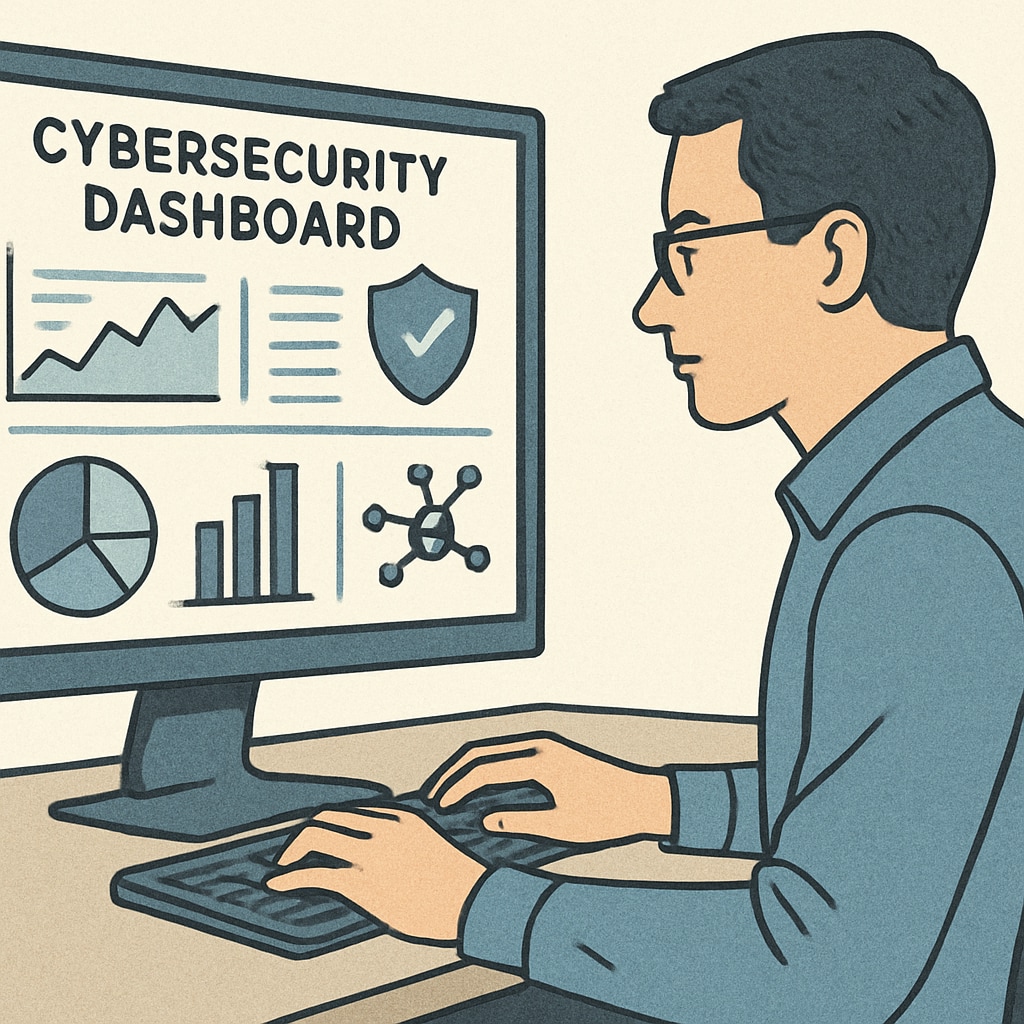When it comes to launching a successful career in cybersecurity, how much does university reputation matter? For many aspiring professionals, questions about the impact of their alma mater, including concerns from UMGC graduates, dominate their thoughts. While “university prestige” is often seen as a ticket to better cybersecurity career opportunities, the reality is far more nuanced. In the evolving field of cybersecurity, practical skills, certifications, and hands-on experience often carry more weight than the name of your university.
This article explores the relationship between university reputation and job prospects in the cybersecurity industry. It also provides actionable strategies for those from non-prestigious schools to thrive in this competitive domain.
Why Cybersecurity Employers Value Skills Over Prestige
Unlike some traditional fields, such as law or medicine, where a degree from a top-tier institution can significantly affect your career trajectory, cybersecurity places a higher emphasis on technical competence. Employers in this field prioritize candidates who can demonstrate real-world proficiency over those boasting elite academic credentials.
- Technical Certifications: Certifications like CISSP (Certified Information Systems Security Professional), CompTIA Security+, and CEH (Certified Ethical Hacker) are often the gold standard for hiring managers. These credentials provide a direct indication of your expertise, sometimes even more so than a degree.
- Hands-On Experience: Cybersecurity is a field where practical experience speaks volumes. Internships, freelance projects, and even personal labs show your ability to tackle real-world challenges.
- Portfolio of Work: A robust portfolio demonstrating your skills in areas like penetration testing, threat analysis, or incident response can easily overshadow where you earned your degree.
As a result, graduates from institutions like UMGC, which may not rank among the Ivy Leagues, can still secure high-paying jobs by focusing on these areas.

Overcoming the “Prestige Barrier” in Cybersecurity
For graduates from non-prestigious institutions, such as UMGC, the fear of being overlooked by employers can feel overwhelming. However, there are several strategies to overcome this perceived barrier:
- Earn Industry-Recognized Certifications: Credentials like the Cisco Certified CyberOps Associate or GIAC certifications demonstrate that you meet global standards, leveling the playing field.
- Attend Networking Events: Cybersecurity conferences such as Black Hat or DEF CON are excellent opportunities to forge connections with industry leaders and potential employers.
- Contribute to Open-Source Projects: Showcasing your contributions to platforms like GitHub not only builds your technical reputation but also displays your collaborative skills.
- Develop a Learning Mindset: Continuous education through online platforms like Cybrary or Coursera can help you stay updated with the latest trends and technologies.
By focusing on these strategies, many UMGC graduates and professionals from similar institutions have built thriving careers in cybersecurity.

What Employers Are Really Looking For
Cybersecurity employers are increasingly looking for candidates who can adapt to the rapidly changing landscape of digital threats. Some key attributes they prioritize include:
- Problem-Solving Abilities: The capacity to analyze and mitigate complex threats.
- Soft Skills: Effective communication, teamwork, and the ability to explain technical issues to non-technical stakeholders.
- Passion for Learning: Cybersecurity professionals must stay ahead of hackers, requiring constant learning and skill refinement.
It’s worth noting that many hiring managers view university reputation as a secondary factor to these more practical qualities. Employers like Google, Microsoft, and Deloitte have publicly stated that they prioritize demonstrable skills and cultural fit over alma maters.
Conclusion: Skills, Not Schools, Define Success
While university reputation can open doors in some industries, cybersecurity is unique in its meritocratic approach. For UMGC graduates and those from similar institutions, the focus should be on acquiring certifications, gaining practical experience, and building a strong professional network. By emphasizing these areas, you can prove that success in cybersecurity is less about where you come from and more about what you bring to the table.
Ultimately, the cybersecurity field values action over accolades. Whether you graduated from a prestigious university or a lesser-known one, your ability to protect systems, solve problems, and adapt to new challenges will define your career trajectory.
Readability guidance: The article uses concise paragraphs, frequent transitions (e.g., “however,” “in addition,” “as a result”), and lists to enhance clarity. Passive voice is minimized, and technical terms are explained for broader accessibility.


